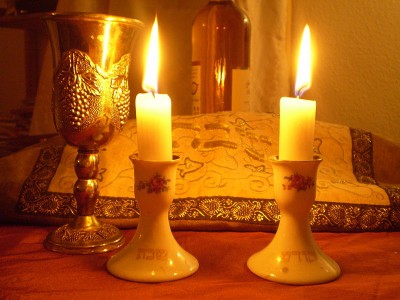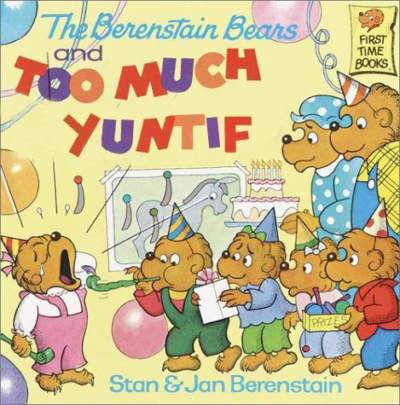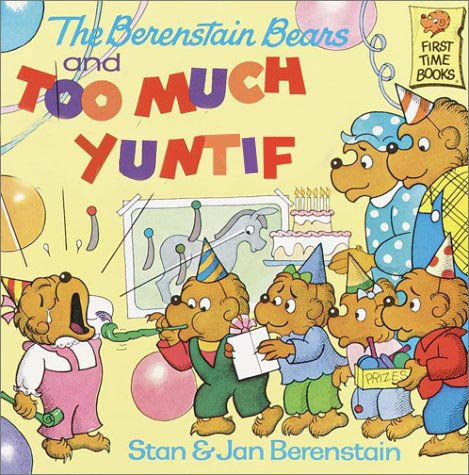Original version published in The Daily Californian.
When I was preparing to come to UC Berkeley, my biggest fear wasn’t the academic rigor of college, making friends, or getting used to the sometimes-unidentifiable food at Crossroads dining hall – though those were definitely all high up on my list. It was observing Jewish holidays, including Shabbat, and explaining them in a way that wouldn’t sound hopelessly strange.

Jewish holidays traditionally involve radically detaching from mundane life. For the majority of holidays, including Shabbat, the Torah specifies not to perform work – a fairly unclear directive that Jewish oral law clarifies through a series of 39 restrictions. Later, rabbis interpreted these for the modern era, creating the set of rules Orthodox Jews now follow on holidays: not using electric appliances like cell phones and laptops, not writing and not buying or selling goods, among other things.
Maybe when you think of spirituality, legal codes aren’t the first thing that come to mind. But I love the experience these rules create. Saturdays and holidays feel entirely different, a flurry of prayer services and Thanksgiving-sized communal meals.
These seemingly restrictive laws created a space for me to stop in the middle of my over scheduled school life and take time with my community to work on my relationship with God and think about what each holiday represents.
But as UC Berkeley orientation came closer that first summer, I wasn’t sure other students would see it that way. I wondered how I would possibly explain these rules to my future roommate. I ultimately scrapped, “So, I act sort of Amish once a week and for random two-day periods in September, October, and April. It’s an Orthodox Jewish thing. I’ll keep you posted.” I was pretty sure she and anyone else I told would think I was making this up.
Even labeling myself to students as Orthodox by way of explanation made me slightly uneasy – not for lack of pride, but for fear my observance might alienate me from others. Keeping Shabbat and holidays clearly marked me as religious and, for many, religiosity comes with the assumption you’re passing judgment on their lifestyle. I didn’t know how to explain to floormates and friends that, yes, I follow these rules, so I’m clearly religious and no, that doesn’t mean I don’t want to hear about your hilarious Tinder misadventures.
And, of course, I couldn’t help but worry about the collegiate Holy Grail: good grades. Shabbat and holidays meant unplugging from technology and putting down my pencil for multiple days at a time, a daunting commitment in the midst of a new academic environment. Aside from less study time, midterms often coincided with holidays in the busy month of October, and my freshman self was already scared enough of my professors without having to explain to them why I didn’t traditionally write on the day of their tests.

As another hectic holiday season comes to an end, I can’t help but reflect on my college experience. Fusing these two integral parts – my religious observance and college life – was a challenge. There were weeks when midterms and holidays alternated in rapid succession, and I couldn’t help but stress. There were times I hesitated before explaining to a classmate why I couldn’t always take notes in class or watch a movie on a Saturday.
But if I could go back and talk to my nervous freshman self now – or any student wondering how to navigate their faith obligations on campus – I would tell him or her not to worry, that the religious balancing act made my college experience all the more meaningful. Explaining Shabbat was often the start of great dialogue, and my college friends appreciated my observance as a part of who I am. Some even made a term for it – werejew time: (noun) the period of time, starting at sundown when I turn “extra Jewish” by following the traditional holiday restrictions, not unlike werewolves upon a full moon. Proper usage: We’re going to go grab ice cream before your werejew time Friday.
Meanwhile, my campus amazed me with its religious tolerance. I asked professors about alternate test dates so many times I had a form email saved, and not a single professor was anything less than enthusiastically accommodating. And while keeping up with my schoolwork and observing the holidays wasn’t easy, I can’t help but feel proud knowing I earned my grades without compromising my priorities – that amid the bustle of college life I made space for the distinct, contemplative moments separated out by my tradition.
At one point or another, observant students of any religion confront the same tension that holidays created for me: the struggle between wanting to be an active part of the secular world while keeping practices intentionally meant to withdraw you from it. This can come with a degree of anxiety, the simmering fear that you can’t possibly succeed in one world without neglecting the other. But when it comes down to it, the struggle is the point. It’s the attempt to integrate these two spheres that defines what it means to be religious and ultimately gives it meaning.
Sara Weissman is the editor in chief of New Voices. Get in touch with her at editor@newvoices.org.

